Real Estate and Data: Learning from the Missteps of Zillow
In mid-October 2021, iBuying giant, Zillow Offers, announced it was pausing buying activity through the end of the year, initially citing “operational capacity” issues. By early November, after three years of ramping up—due to major financial losses—Zillow would be exiting the iBuying market entirely, resulting in a 25% reduction in their workforce.
This news was surprising for many given the strength of real estate markets across the U.S. and Zillow’s position as the largest real estate database in the country. The news has also left those in the real estate services business to wonder exactly how a giant like Zillow could make such a misstep and what the rest of us can learn from Zillow’s experience.
What Happened
The program’s downturn is largely blamed on the algorithm Zillow used to establish offer values or “Zestimates.” In May of 2018, Zillow began using these algorithm-based “Zestimates” to value and purchase homes. Over the next several years, Zillow Offers would expand into 25 markets making instant offers and purchasing homes directly from owners.
As those in real estate services know, working with homeowners’ preconceived notions of their home’s value based on a “Zestimate” has been a challenge for years. It would seem the issue came full-circle as Zillow’s losses in resale are directly attributed to their own overvaluation in the acquisition phase.
What You Should Know
If accessing much of the same available real estate data, how would a home value obtained from a local, licensed Realtor or appraiser be so different from the values a company like Zillow was estimating? The primary issue Zillow encountered is the volatility of future casting values in markets without the support or guidance of local experts. Predicting values 3-6 months in the future has been and continues to be a challenge, but more so when relying on data as a single source to predict quick gains and losses in a market. Each real estate market is nuanced and so much more complex than data alone. Shared information and experience from the local real estate community continue to be invaluable and irreplaceable in home value speculation.
What we can learn from Zillow’s example is technology and data are vital tools for the real estate community; however, technology alone cannot replace the knowledge and input of an experienced real estate professional with a finger on the pulse of their local market.
About Global Consulting Services

One size doesn’t fit all when it comes to our Client Partners’ programs, policies, and cultures. In order to deliver an unmatched mobility experience, we provide expert recommendations and insights to build and strengthen our clients’ benefit offerings to meet their overall business and talent mobility objectives for the future. Working with more than 100 companies each year, Altair’s Global Consulting Services team takes a holistic approach to mobility by arming clients with first-rate data, research, and trend information to find the best relocation and mobility solutions for your employees, your mobility program, and your company.
Share This Story, Choose Your Platform!
In mid-October 2021, iBuying giant, Zillow Offers, announced it was pausing buying activity through the end of the year, initially citing “operational capacity” issues. By early November, after three years of ramping up—due to major financial losses—Zillow would be exiting the iBuying market entirely, resulting in a 25% reduction in their workforce.
This news was surprising for many given the strength of real estate markets across the U.S. and Zillow’s position as the largest real estate database in the country. The news has also left those in the real estate services business to wonder exactly how a giant like Zillow could make such a misstep and what the rest of us can learn from Zillow’s experience.
What Happened
The program’s downturn is largely blamed on the algorithm Zillow used to establish offer values or “Zestimates.” In May of 2018, Zillow began using these algorithm-based “Zestimates” to value and purchase homes. Over the next several years, Zillow Offers would expand into 25 markets making instant offers and purchasing homes directly from owners.
As those in real estate services know, working with homeowners’ preconceived notions of their home’s value based on a “Zestimate” has been a challenge for years. It would seem the issue came full-circle as Zillow’s losses in resale are directly attributed to their own overvaluation in the acquisition phase.
What You Should Know
If accessing much of the same available real estate data, how would a home value obtained from a local, licensed Realtor or appraiser be so different from the values a company like Zillow was estimating? The primary issue Zillow encountered is the volatility of future casting values in markets without the support or guidance of local experts. Predicting values 3-6 months in the future has been and continues to be a challenge, but more so when relying on data as a single source to predict quick gains and losses in a market. Each real estate market is nuanced and so much more complex than data alone. Shared information and experience from the local real estate community continue to be invaluable and irreplaceable in home value speculation.
What we can learn from Zillow’s example is technology and data are vital tools for the real estate community; however, technology alone cannot replace the knowledge and input of an experienced real estate professional with a finger on the pulse of their local market.
About Global Consulting Services

One size doesn’t fit all when it comes to our Client Partners’ programs, policies, and cultures. In order to deliver an unmatched mobility experience, we provide expert recommendations and insights to build and strengthen our clients’ benefit offerings to meet their overall business and talent mobility objectives for the future. Working with more than 100 companies each year, Altair’s Global Consulting Services team takes a holistic approach to mobility by arming clients with first-rate data, research, and trend information to find the best relocation and mobility solutions for your employees, your mobility program, and your company.







